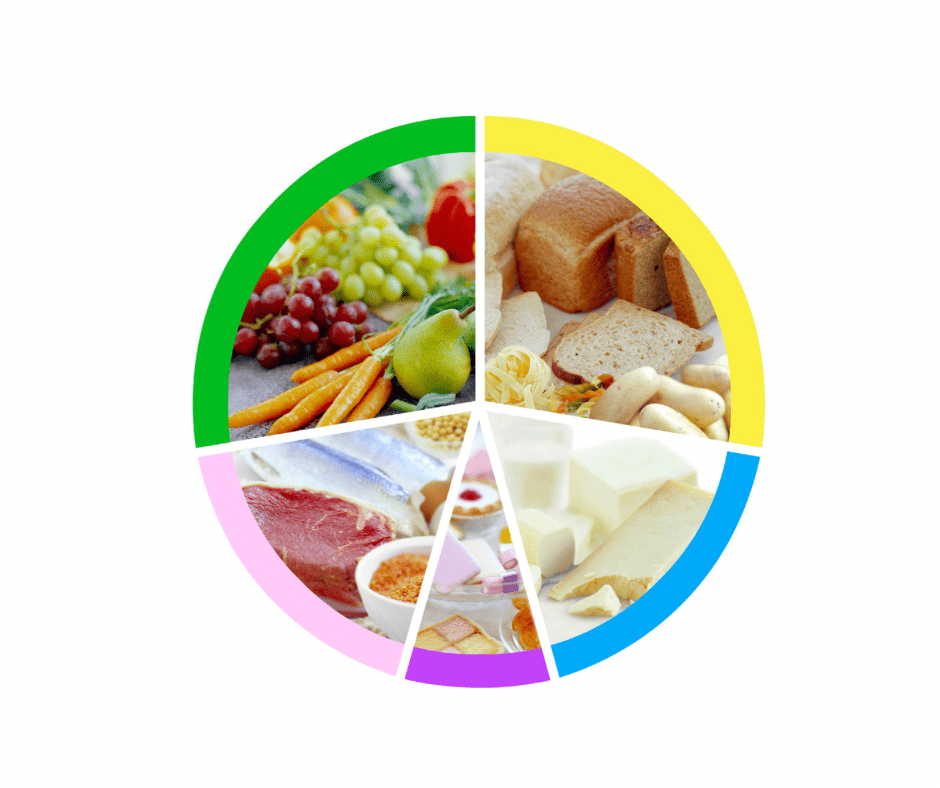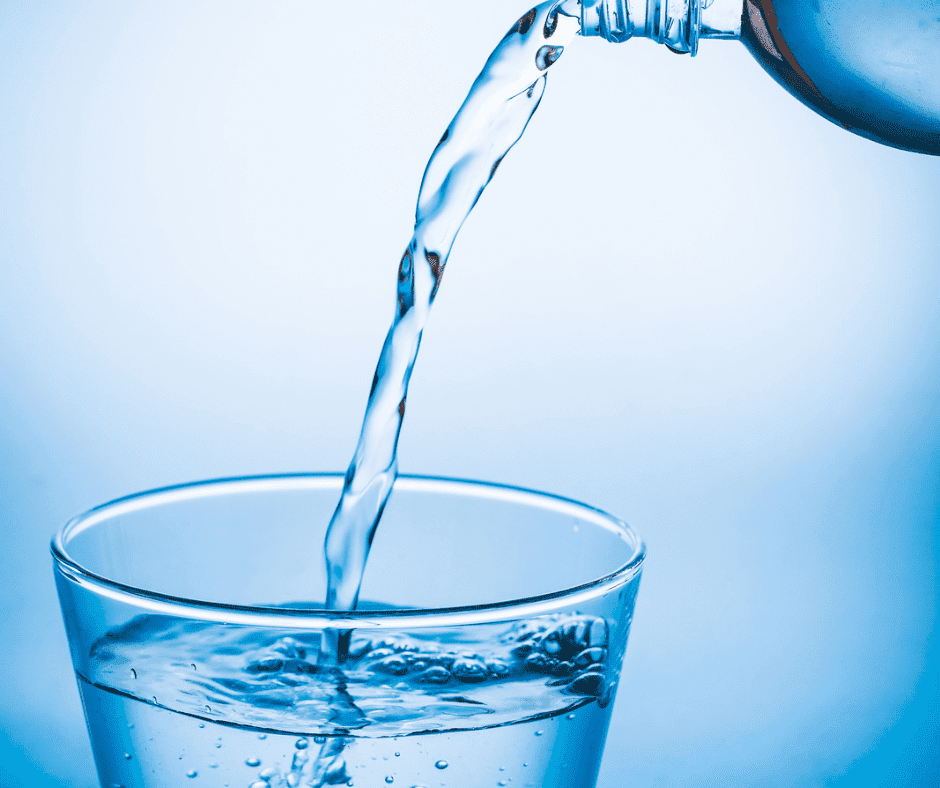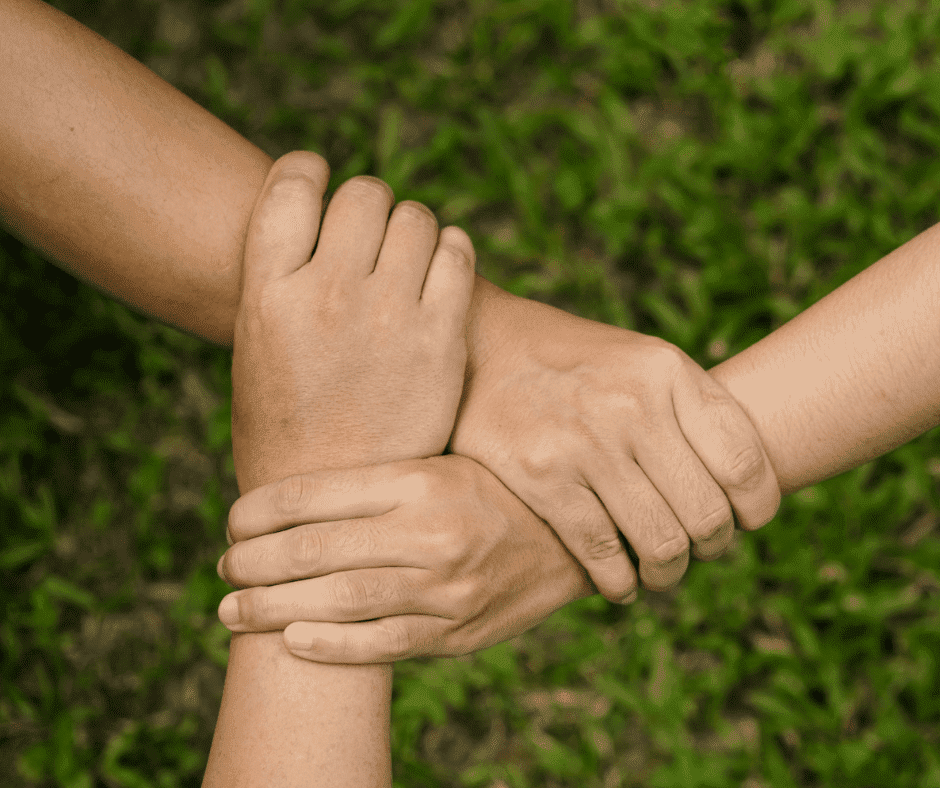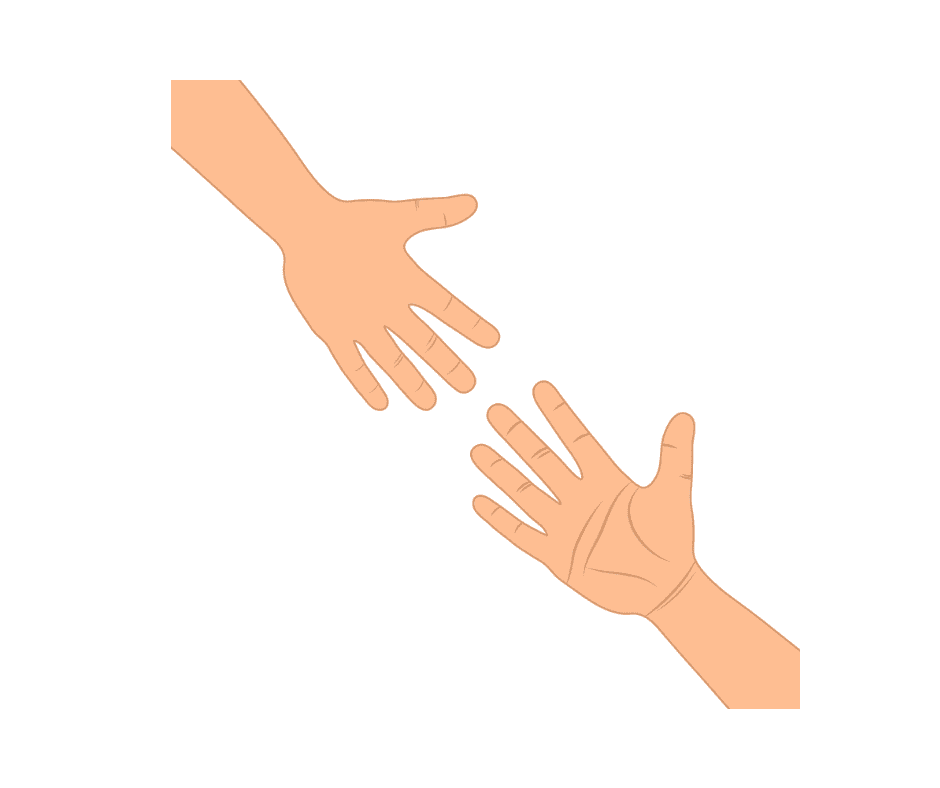
Receiving a cancer diagnosis and going through treatment can be a challenging journey, both physically and emotionally. One essential aspect of this journey is nutrition – what you eat plays a significant role in how you feel and heal. In this article, we’ll explore the importance of nourishing your body during cancer treatment with straightforward advice.
1.Balanced Eating Enriched with Protein

What does this mean? Balanced eating is about having a mix of different foods to give your body what it needs to stay strong, and during cancer treatment it is recommended to be enriched in protein and energy (ESPEN,2021).
How to do it: Include fruits, vegetables, and whole grains. For protein give preference to beans, lentils, nuts (could be nut butter in case you are struggling to eat whole version) eggs, dairy products and lean meat like chicken, turkey, fish in your meals. These foods provide essential nutrients your body needs to maintain or improve your nutrition status (ESPEN, 2021).
2.Staying Hydrated

What does this mean? Staying hydrated means drinking enough water to keep your body working properly.
How to do it: Aim to drink plenty of water throughout the day. Sipping all day, sometimes, drinking it with ice is easier to swallow. Proper hydration helps flush toxins out of your body, reduces treatment side effects and maintains your energy (DiLonardo, 2021).
3.Handling Side Effects

What does this mean? Cancer treatment can sometimes make you feel sick or affect your appetite.
How to do it: If you’re feeling nauseous, try eating simple, plain foods like crackers, rice, or applesauce. If you have mouth sores, soft, moist foods like mashed potatoes and yogurt can be easier to eat. If your appetite changes, eat smaller meals more often (NCI, 2022).
4.Emotional Support

What does this mean? Coping with cancer is not just about your body; it’s about your emotions too.
How to do it: Reach out to friends and family for emotional support. Consider joining a support group to share your feelings and learn from others who’ve been through the same experience.
5.Small steps , Big Victories

What does this mean? Even small changes can make a big difference.
How to do it: Celebrate each step forward, no matter how small. Whether it’s a short walk or trying a new food, every little step is a victory.
6.Staying Informed

What does this mean? Knowledge is power. Understanding your nutrition needs is important.
How to do it: Stay informed about the latest information on cancer nutrition. Your healthcare team can provide you with the trusted resources.
7.Seeking Professional Help

What does this mean? Sometimes, you might need guidance from a nutrition expert.
How to do it: Consider consulting with a registered dietitian who specializes in cancer nutrition. They can create a personalized nutrition plan to address your specific needs.
Conclusion
Nourishing your body during cancer treatment is a vital part of your healing journey. A balanced diet, hydration, managing side effects, emotional support, and celebrating small victories can make a significant difference in how you feel. Staying informed and seeking professional guidance when needed are also important steps to ensure you’re on the right path.
Remember, you’re not alone on this journey. Your healthcare team, along with your loved ones and a registered dietitian, are here to support you every step of the way. Your healing plate is a powerful tool, and the responsibility lies with you to utilise it for the purpose of nourishing and fortifying your body during this demanding period.
DiLonardo, M. J., 2021. Cancer Treatment: Make Sure You Get Enough Water, s.l.: WebMD.
ESPEN, 2021. ESPEN practical guideline: Clinical Nutrition in cancer. Clinical Nutrition, 40(5), pp. 2898-2913.
NCI, 2022. Eating Hints: Before, during, and after Cancer Treatment. In: N. C. Institute, ed. NATIONAL CANCER INSTITUTE. s.l.:NIH.
Explore our website for more valuable insights, practical tips, and delicious recipes to support your journey toward a healthier and happier you!

Join Weight Goals with Aba’s WhatsApp community and gain exclusive access to our hub of articles and recipes. Be part of a supportive community, receive valuable insights, and stay up-to-date with the latest in nutrition, fitness, lifestyle, and medicine. Elevate your weight goals journey by joining us today.

Talk to Aba